In a surprising turn of events, the political landscape of South Africa is once again stirred as the African National Congress (ANC) suspends its former president, Jacob Zuma. This move comes on the heels of Zuma’s recent denouncement of the ANC, declaring his intention to support a new party in the upcoming elections. The rift between Zuma and the ANC, a partnership that has endured for almost 60 years, is now at a critical juncture, with potential implications for the upcoming presidential polls.
ANC and Zuma’s fallout
Jacob Zuma, an integral figure in the ANC for nearly six decades, recently withdrew his support from the party in December of the previous year. Zuma’s announcement was accompanied by the revelation of his allegiance to the newly-formed Umkhonto we Sizwe (Wesizwe) Party, as disclosed by his daughter, Duduzile Zuma. The 81-year-old former president vehemently urged his supporters to follow suit, condemning anyone voting for the ANC as betraying South Africa.
“In 2024, I will vote for the Umkhonto we Sizwe MK party,” said Duduzile.
In response to Zuma’s divergence, the ANC has taken decisive action, suspending him from the party. This move comes mere weeks before South Africa is set to vote for a new president, adding an unexpected layer of complexity to the political landscape. Zuma has been given a two-day window to respond to his suspension, raising questions about the potential impact on the ANC’s unity and the broader political scenario in the country.
Zuma’s historical association with ANC
Jacob Zuma’s association with the ANC dates back to the struggles against apartheid. Rising through the party ranks, he was elected as its president in 2007 and subsequently became South Africa’s president in 2009, holding power until 2018. Despite allegations of corruption and scandals during his presidency, the ANC steadfastly supported Zuma. Now, with Zuma no longer in power, the ANC faces both legal battles involving him and a political rivalry that threatens its cohesion.
Quick Reads
View AllAfter Cyril Ramaphosa inherited the presidency from Zuma in 2018, he initiated significant changes, reshuffling the cabinet and distancing the party from the Gupta family, a wealthy and influential Indian family associated with Zuma’s era. The ANC’s efforts to create a new image and distance itself from past controversies have led to a political rivalry between Ramaphosa and Zuma, further exacerbating the existing tensions within the party.
The rivalry between Zuma and Ramaphosa has created a deep political rift within the ANC, impacting the party’s image and potentially influencing the upcoming presidential election. Ramaphosa acknowledges the friction within the party, emphasizing the necessity of actions against corruption and state capture. As the ANC faces internal strife, the forthcoming election is anticipated to be highly contested, with the possibility of a power vacuum arising from Zuma’s spat with the ANC.
“The actions we were mandated to take against corruption and state capture have at times caused friction amongst us,” said Ramaphosa.
South Africa finds itself at a crossroads as the ANC, once a stronghold in the nation’s politics, grapples with internal discord and the fallout from Jacob Zuma’s suspension. The unfolding political drama will undoubtedly shape the course of the upcoming presidential election, with the ANC facing the challenge of maintaining unity in the face of internal strife. As the nation awaits the outcome of this political saga, the implications for South Africa’s political future remain uncertain.
Views expressed in the above piece are personal and solely that of the author. They do not necessarily reflect Firstpost’s views.
Read all the Latest News, Trending News, Cricket News, Bollywood News,
India News and Entertainment News here. Follow us on
Facebook,
Twitter and
Instagram.


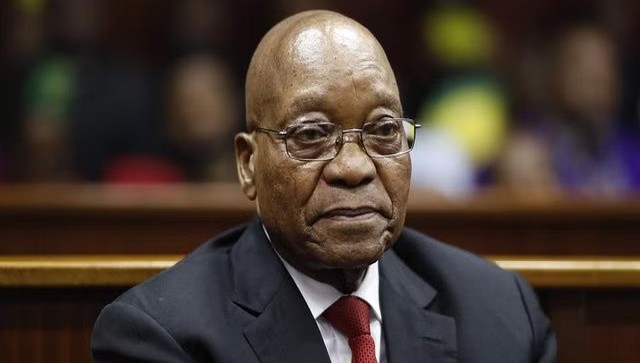)
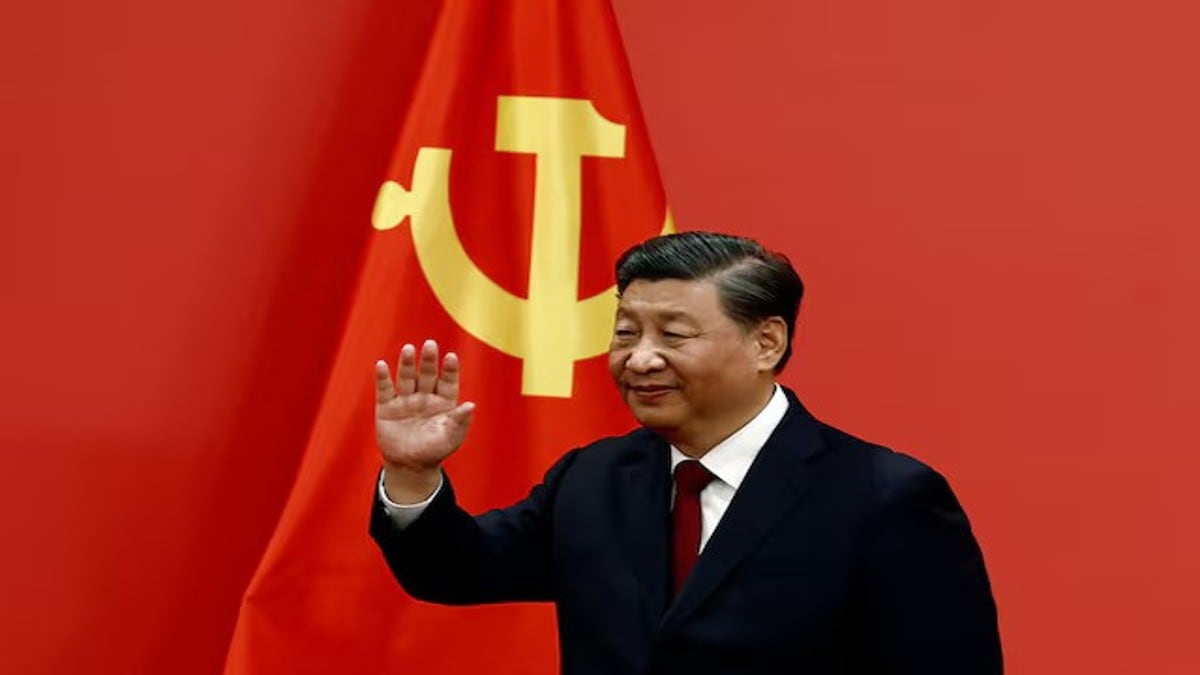
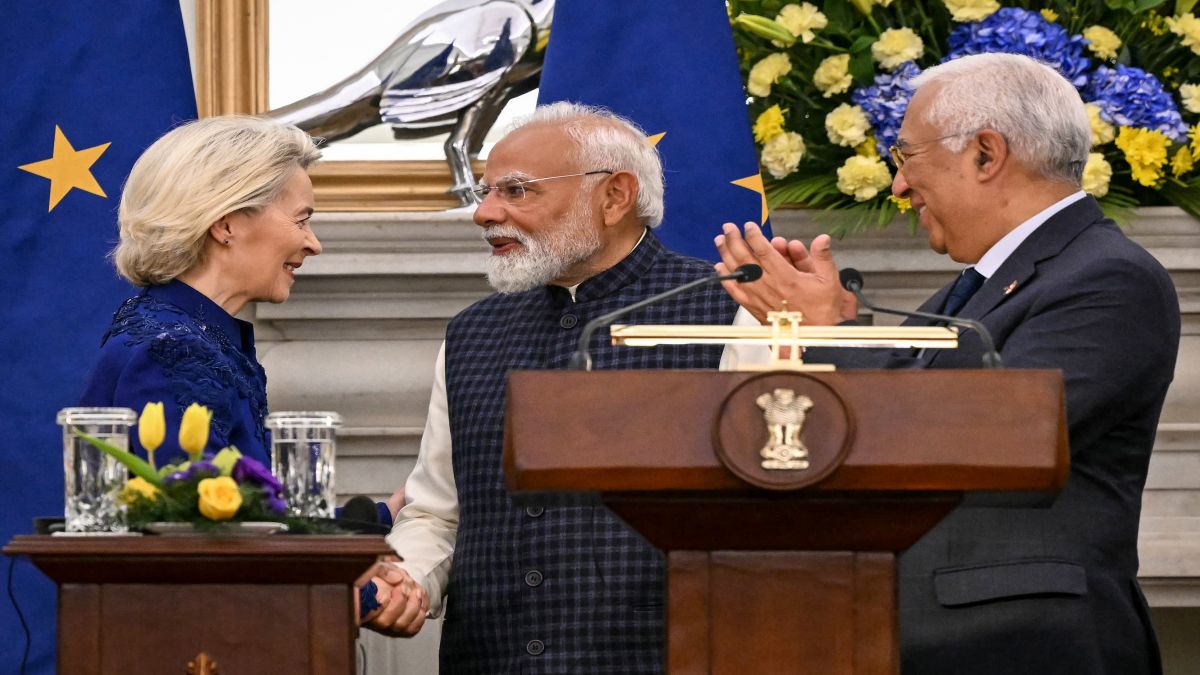)
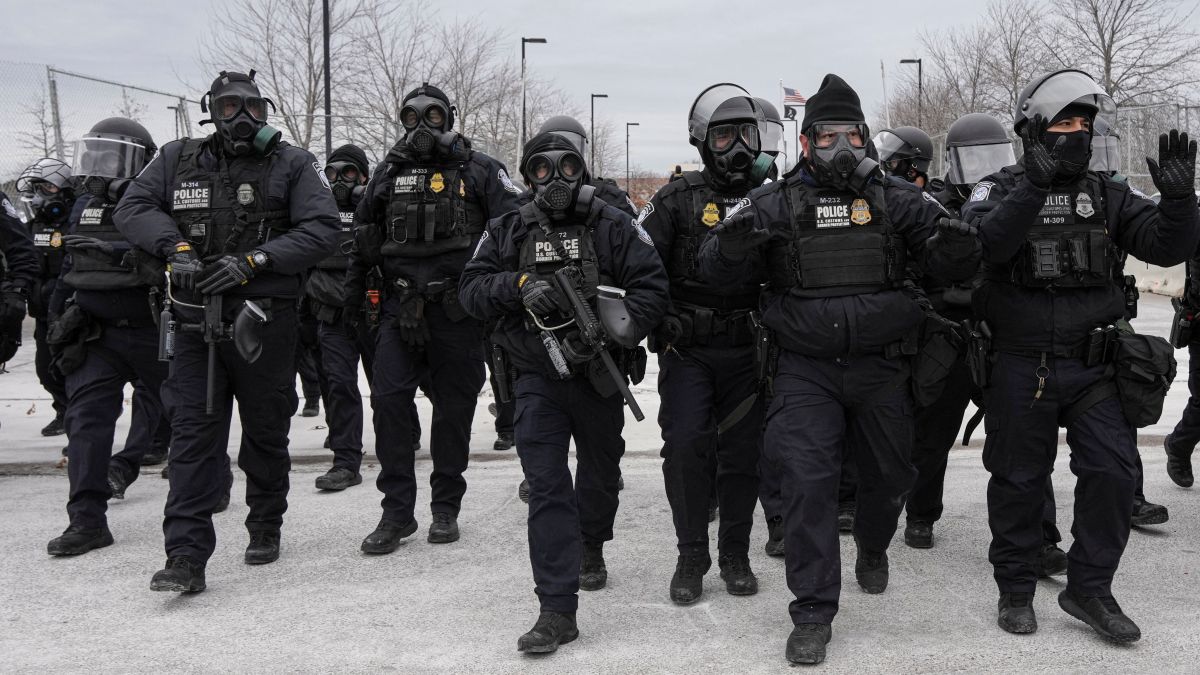)
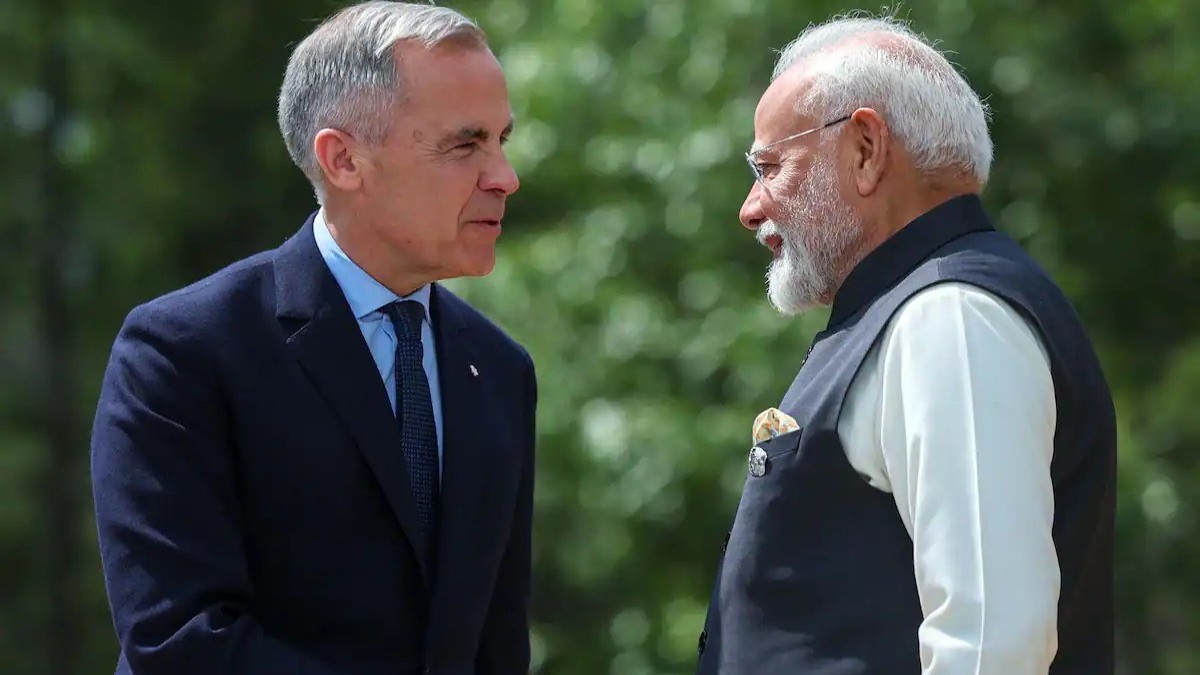)
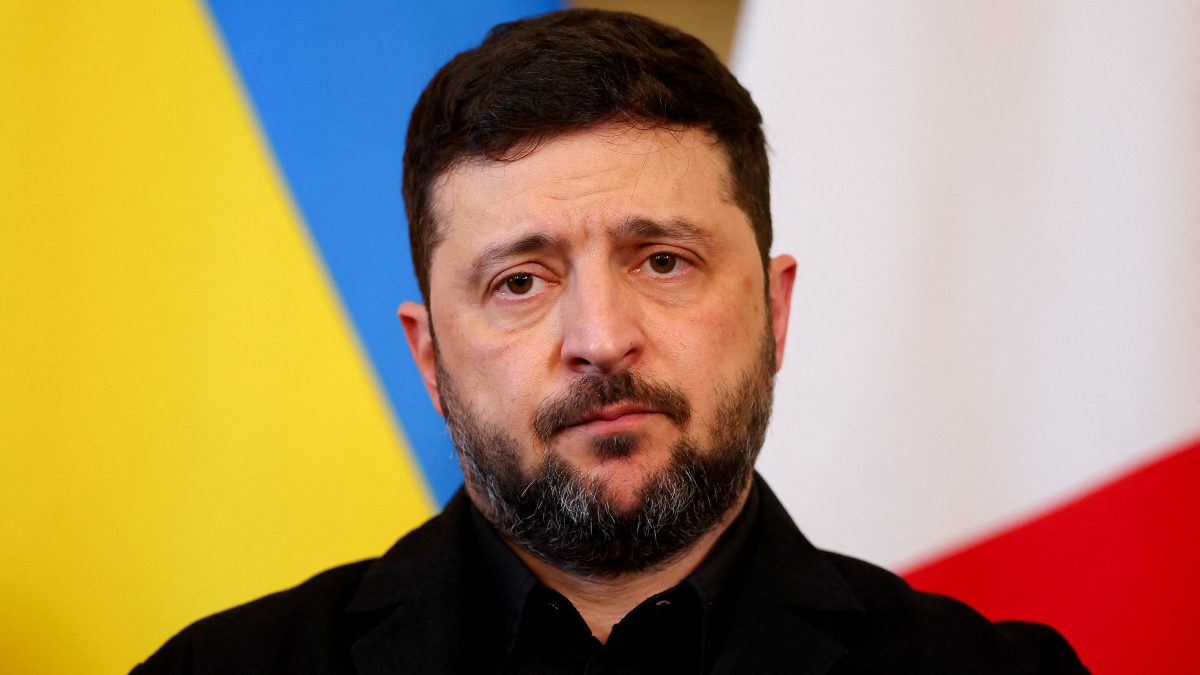)
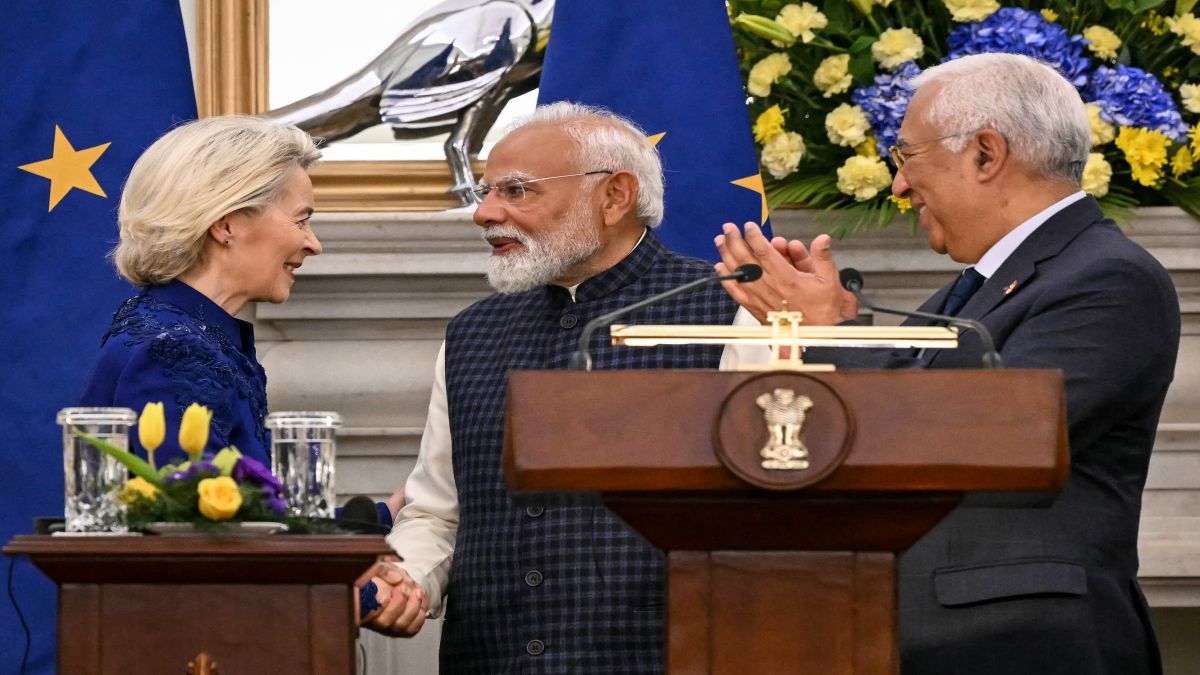)
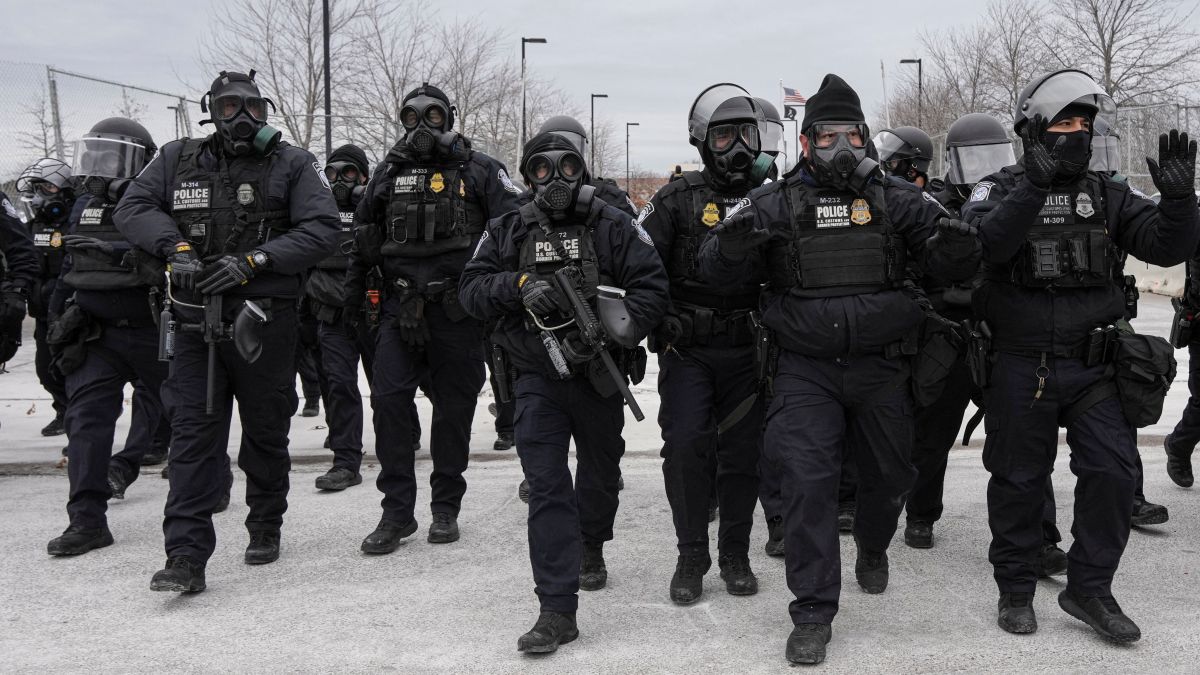)
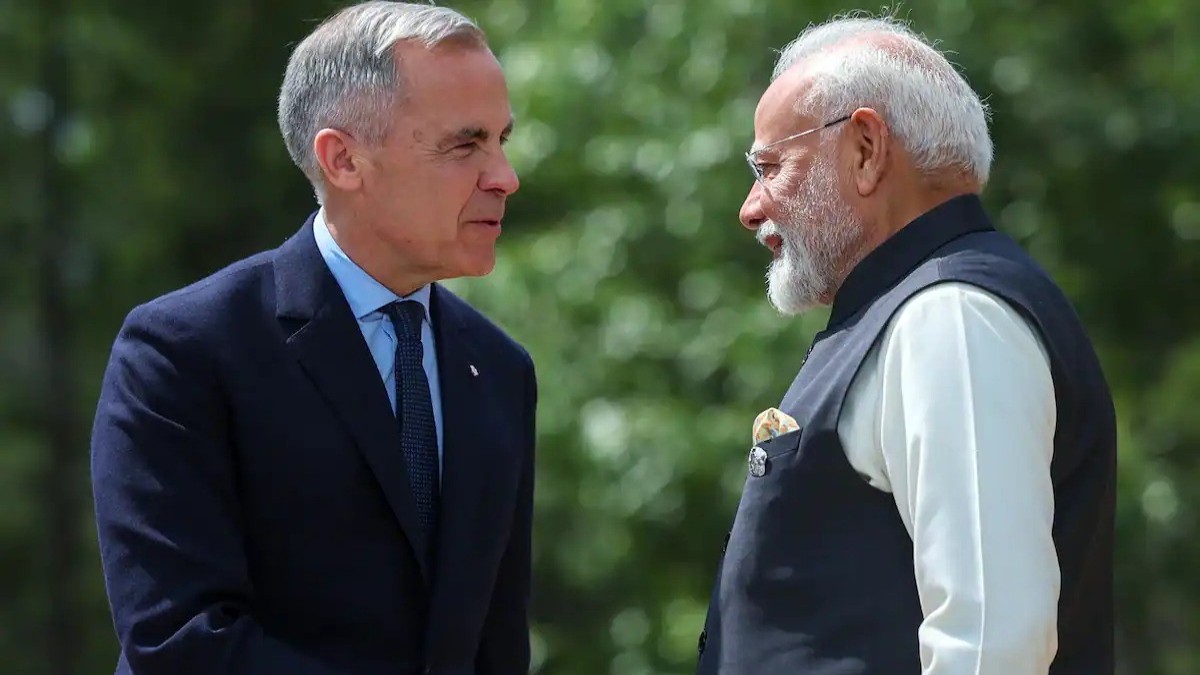)
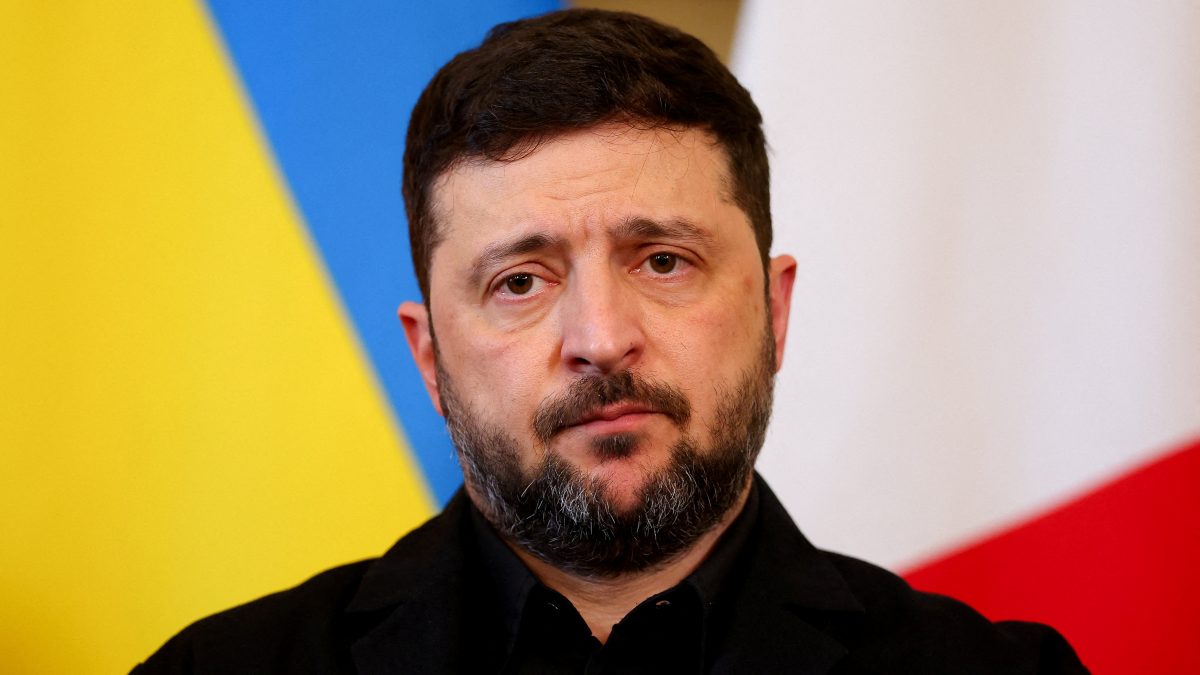)



